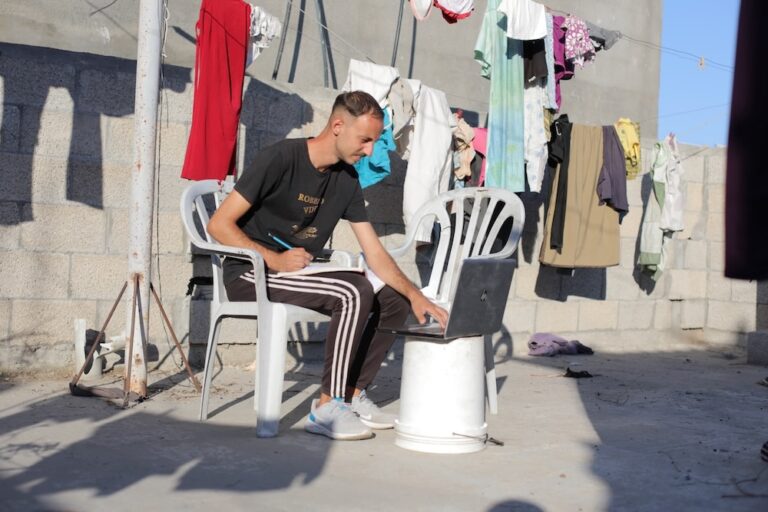A new report outlines how bans on so-called "homosexual propaganda" violate international standards on freedom of expression and discriminate against LGBTI people. The report discusses provisions that are in place or are being considered around the world, including in Russia, Ukraine, Moldova, Lithuania, Hungary and Uganda.
(ARTICLE 19/IFEX) – On 7 March 2013, ARTICLE 19 launched a report that outlines how bans on so-called “homosexual propaganda” violate international standards on freedom of expression and discriminate against lesbian, gay, bisexual, trans, and intersex (LGBTI) people. The report, “Traditional values? Attempts to Censor Sexuality”, assesses where countries have adopted or are considering adopting bans of this kind.
The report places these bans in the wider context of dangerous attempts at the UN Human Rights Council (HRC) to introduce the concept of ‘traditional values’ in the international human rights framework. Such attempts are a direct attempt to manipulate the very essence of international human rights as universal and for all people in all places. ARTICLE 19 launches the report ahead of a presentation by the HRC Advisory Committee of its study on promoting human rights and fundamental freedoms through a better understanding of traditional values of humankind, on 12 March 2013, during the 22nd session of the HRC.
“These bans are a direct attempt to censor LGBTI people and to exclude them from public debates. These bans also have the worrying effect of legitimising violence against LGBTI people. These laws must be seen for what they really are – blatant violations of human rights which must not be tolerated. Everyone has the right to express themselves freely and has a right to receive information. Censorship like this deprives us all access to vital information and ideas,” said Agnes Callamard, Executive Director for ARTICLE 19.
These bans must be seen in the worrying context of attempts to manipulate international human rights law to take account of ‘traditional values.’
“Russia and others have lobbied the UN Human Rights Council to recognise this invented concept, which threatens to completely subvert the universality of human rights. If these so-called ‘homosexual propaganda’ bans were to be viewed as upholding ‘traditional values’ as is argued by those championing them, clear abuses of human rights could be excused away using some vague notion of tradition,” she added.
ARTICLE 19 calls for all legislation that bans ‘homosexual propaganda’ to be repealed and urges those administrations considering such bans to reject them.
Anyone who has been convicted of an offence under these laws should have those convictions quashed and removed from their records, and any fines that they have paid should be refunded.
The report discusses in detail provisions that are in place or are being considered around the world, including in Russia, Ukraine, Moldova, Lithuania, Hungary and Uganda.
The report makes a series of recommendations for safeguarding the freedom of expression rights of all people, including to the United Nations and regional mechanisms as well as to the States where “homosexual propaganda” bans have been proposed or adopted.
The Executive summary and the full report are available in English and Russian.


